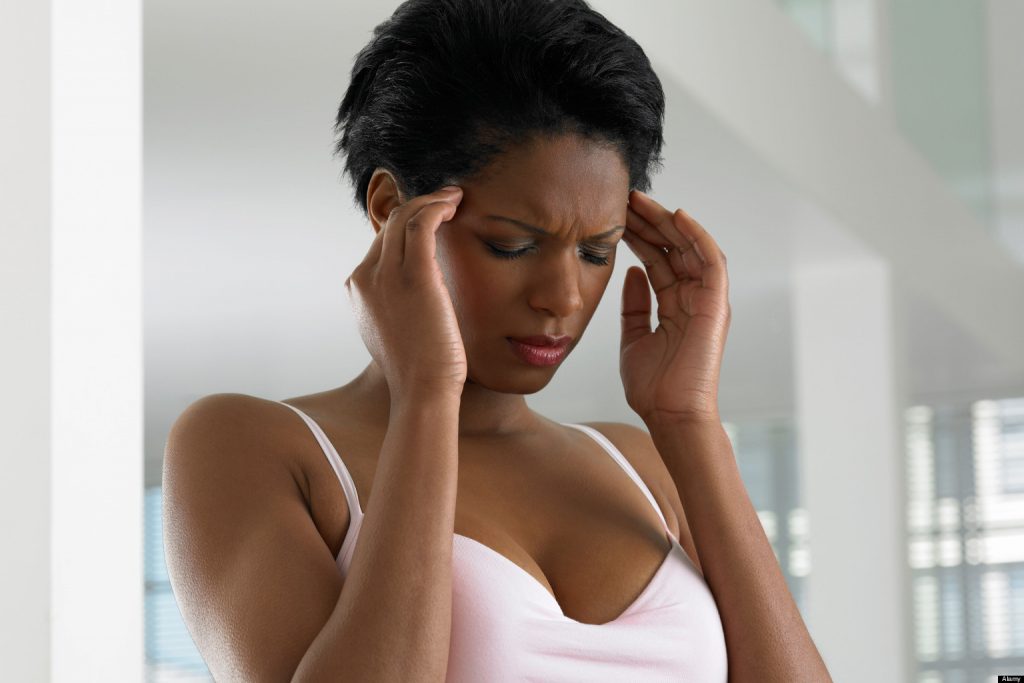
Research has shown that headaches are more common in women than men. This is largely due to fluctuating hormone levels because as our hormones change, certain chemicals in the brain rise and fall with it.
This doesn’t mean that headaches are solely caused by hormones or that it is only women who suffer from them. Social and economic factors such as stress can also contribute to it.
There are also several types of headaches so knowing the type you are prone to will help you determine what triggers them and how to treat them
1. Tension headaches
Tension headaches result in a dull ache on both sides of your head, triggered by stress, fatigue, or hunger. A tension headache is different from a migraine because it does not cause nausea or sensitivity to light, sound or smells, nor does it get worse with regular activities like walking. Its triggers are usually unavoidable but can be treated with over-the-counter pills.
2. Migraines
Women are believed to be more prone to migraines than men because hormonal changes are one of the triggers of migraines, which is why they can occur more frequently during menstruation. The vast range of other triggers includes certain types of food and drink (e.g. aged cheeses, red wine, and coffee), nicotine and cigarette smoke, sudden changes in weather, oversleeping, strong smells, and, for some, even sex.
The pain of a migraine headache is usually felt on one side of the head. To treat migraine headaches, it is better you visit your doctor for a prescription as it may be an indicator of a more serious health issue.
3. Sinus headaches
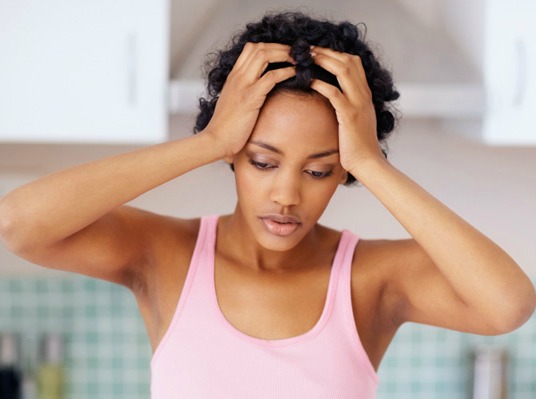
The sinuses are air-filled cavities in the skull that help insulate the skull. A sinus infection can cause a headache or pressure in the eyes, nose, cheek area, or on one side of the head. It is very similar to a migraine headache but differs in the sense that you also feel symptoms of a fever or see thick greenish or yellow mucous. Sinus headaches are treated with decongestants that contain painkillers. Sometimes, your doctor may prescribe antibiotics if there is an infection present.
4. Exercise headaches
Some women suffer from headaches right after physical activity, particularly strenuous exercise. These are actually called exertional headaches, which are a group of headaches associated with some form of physical strain, such as exercise or even sex.
This type of headache is closely related to migraines, as it often occurs in those who have inherited a tendency for migraines. Most exercise or exertion headaches are harmless and can be treated with simple painkillers.
5. Rebound Headaches
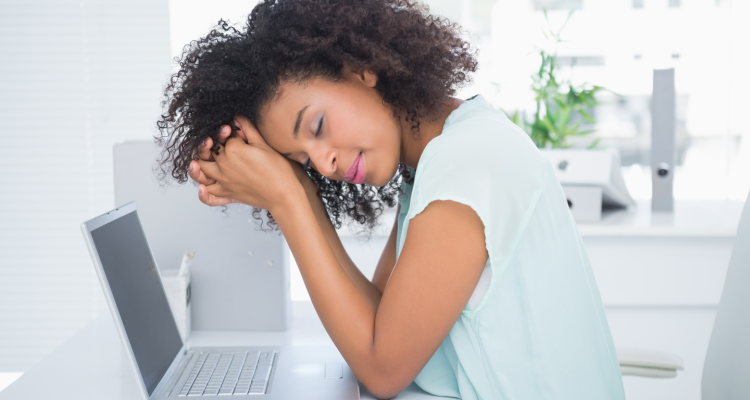
This is usually triggered when you use painkillers or even sinus decongestants too often. Constant use of painkillers can in the end backfire and cause you constant headaches. What happens is that your threshold for pain is lowered as your body’s pain receptors become overly sensitive when the dose of painkiller wears off. More importantly, you should not try to treat a rebound headache on your own.





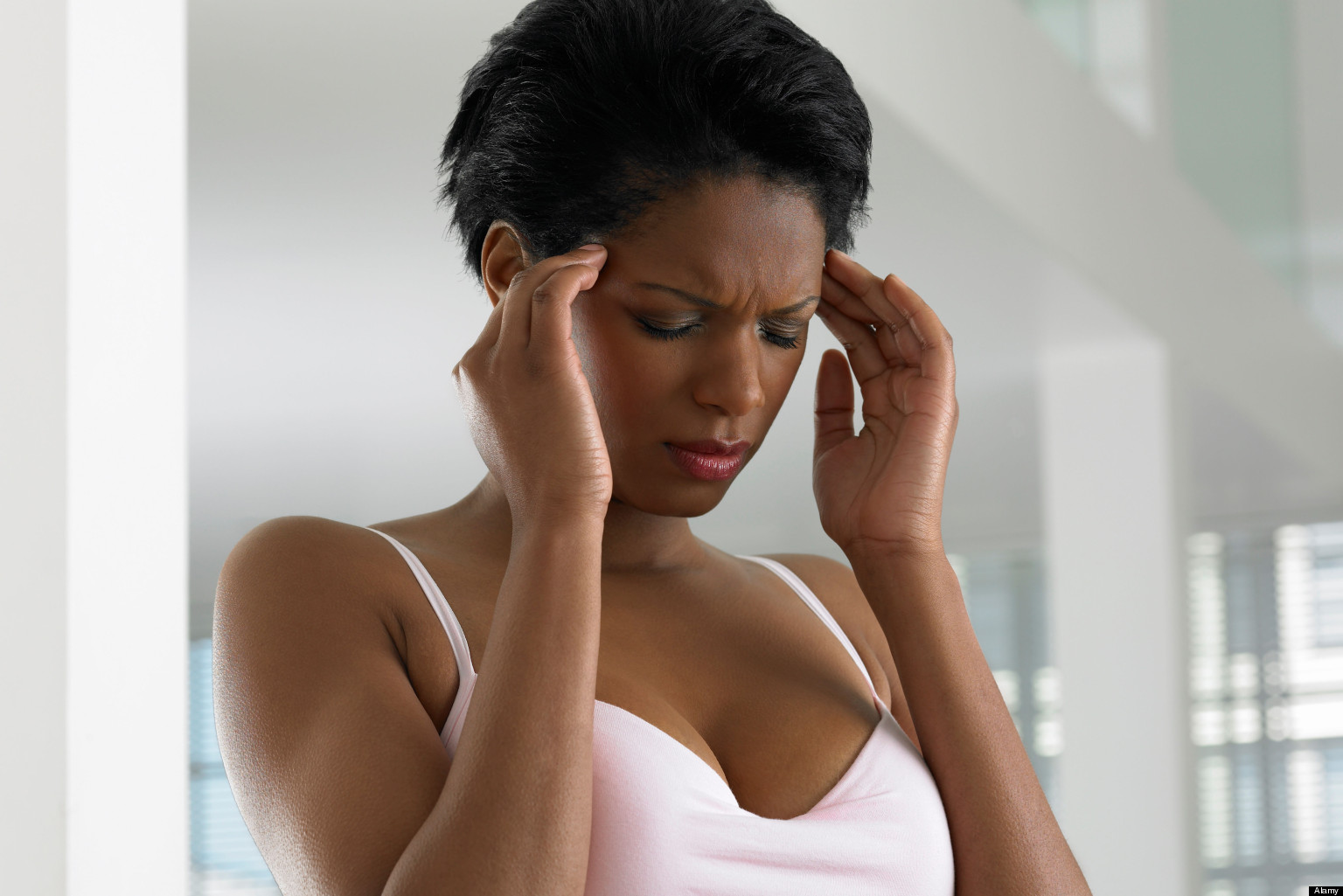



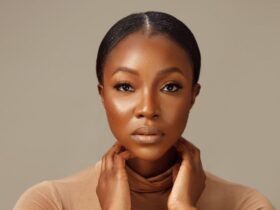





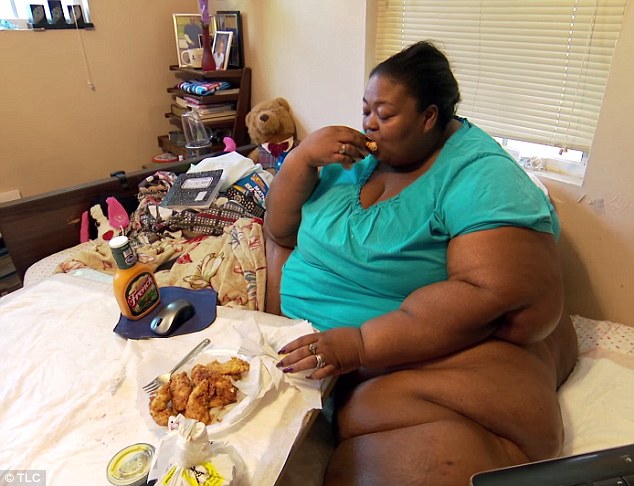


Leave a Reply